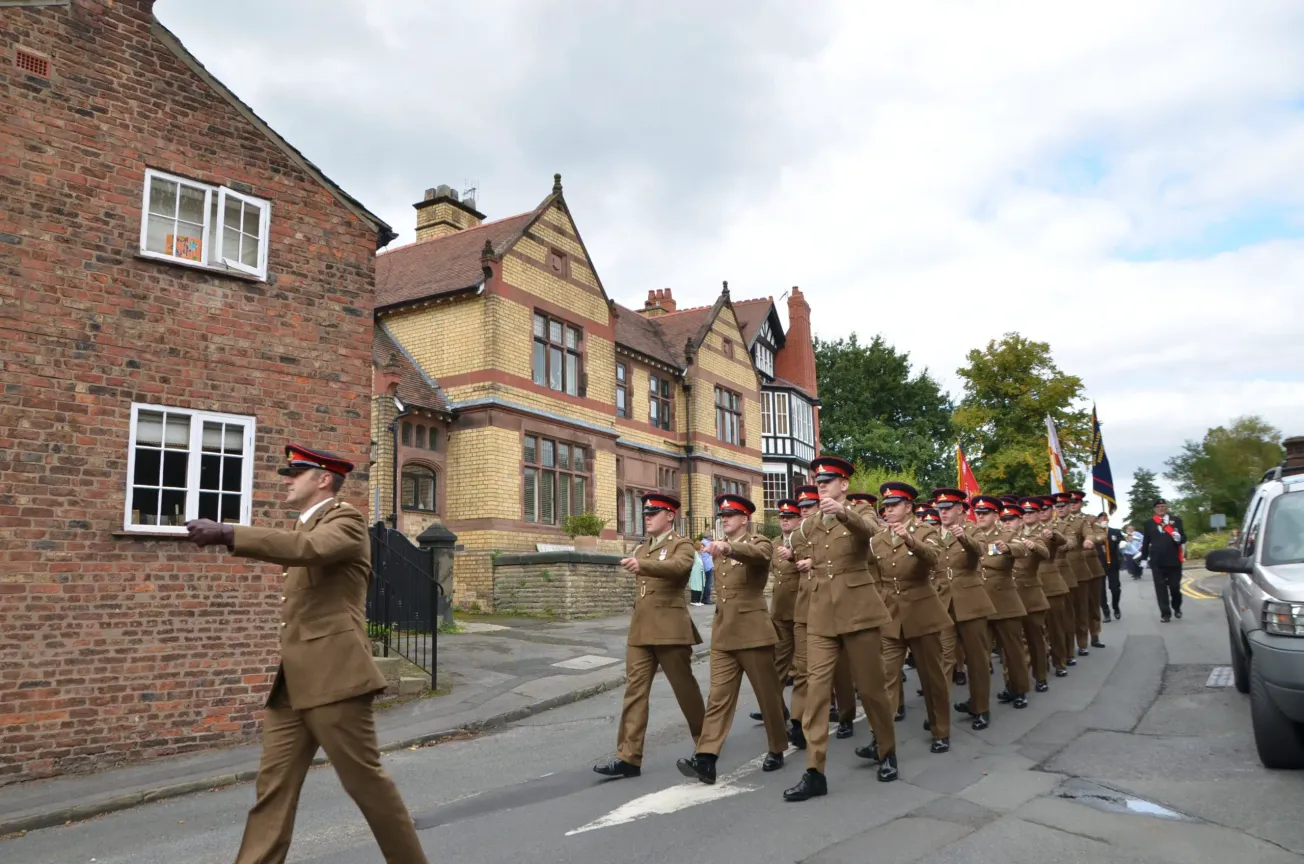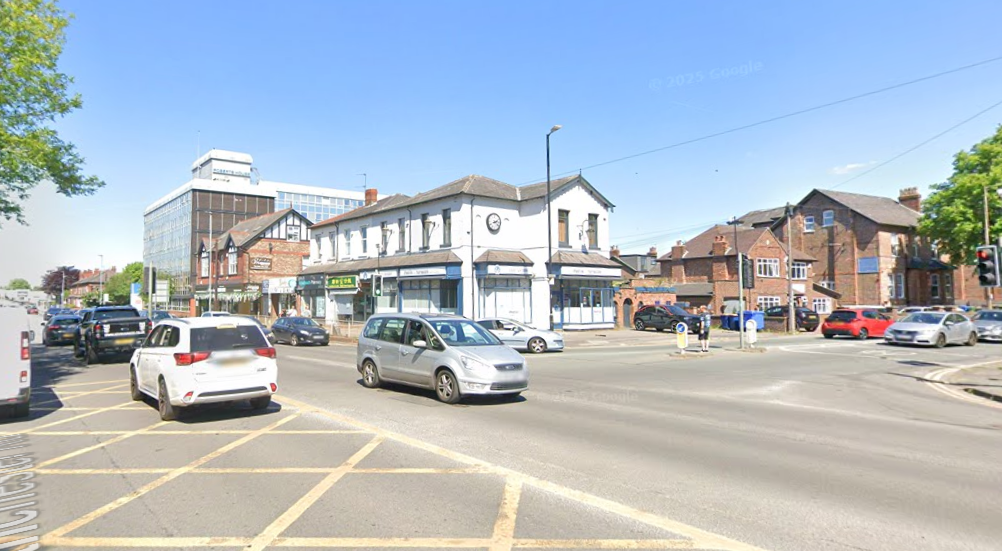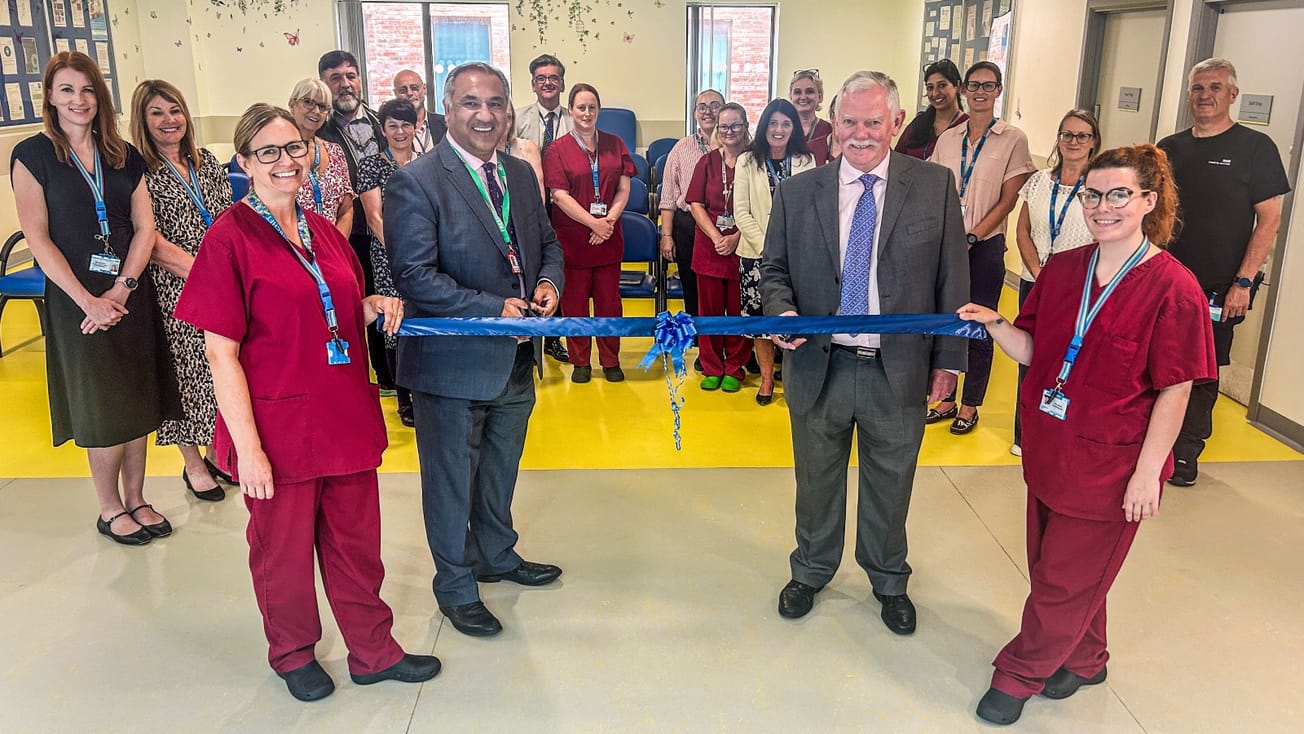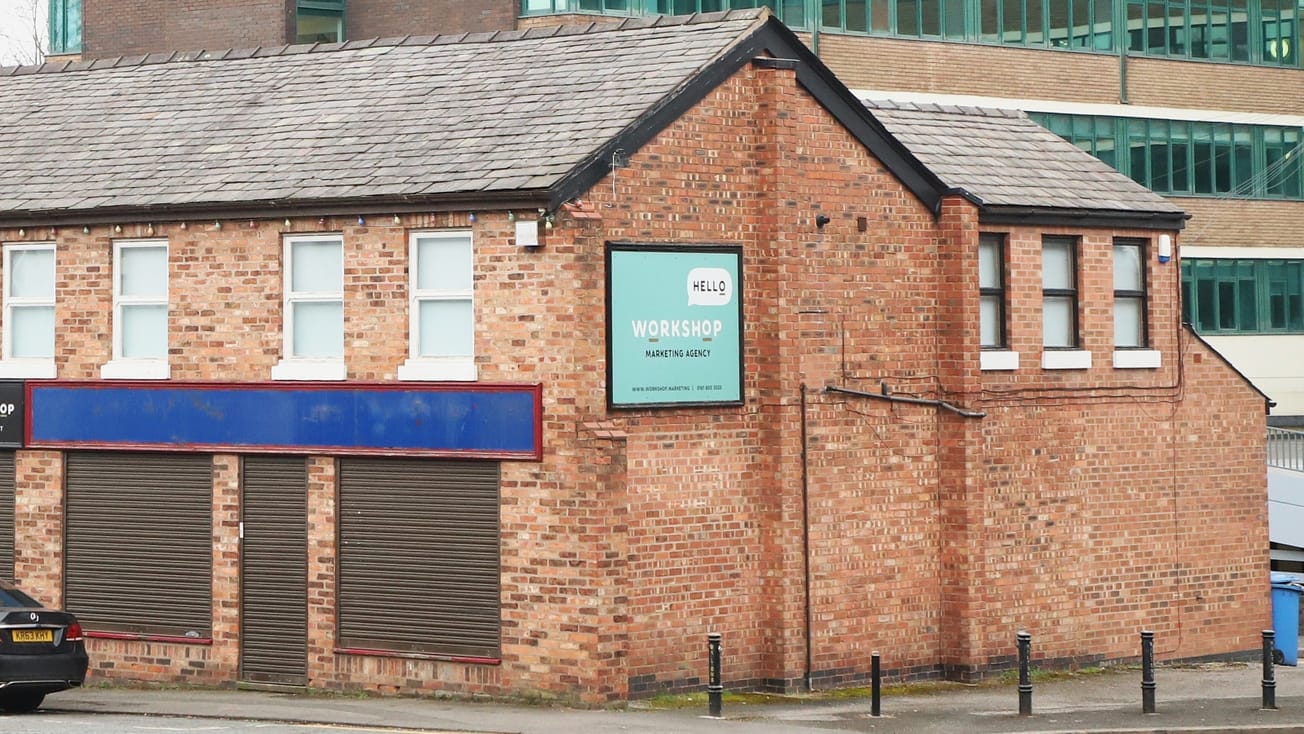A man from Bowdon who continued to fight the Germans during a World War One battle despite losing both his legs has finally been honoured by his home town.
Captain Edward Bradbury was called the “bravest of them all” for an extraordinary display of courage under fire that cost him his life and earned him a posthumous Victoria Cross, the only known Altrincham-born recipient from World War One.
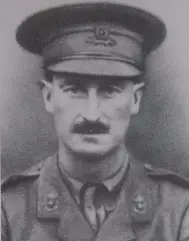
And a century to the day after perishing during an engagement at Néry in northern France during the Retreat from Mons, Bradbury’s remarkable deeds received due recognition this week, yards from his birthplace on Church Bank off Langham Road in Bowdon.
A blue plaque recognising his award of the Victoria Cross – the highest and most prestigious award for gallantry – was unveiled on Langham Road by local dignitaries including the Mayor of Trafford, Cllr Ejaz Malik.
And a number of Bowdon roads were closed off to allow soldiers from the Royal Horse Artillery, Bradbury’s old regiment, to march to the plaque.
In attendance were distant relatives including Shirley Graham, an 81-year-old retired teacher from Worcester, and Janet Knight, a 78-year-old former secretary from Shropshire.
The occasion represented the first proper remembrance for a man whose achievements had been overlooked and even forgotten by his home town, save for the simple mention of ‘Edward K Bradbury VC’ on memorials at St Margaret’s Church, St Georges Church and the Altrincham War Memorial.
Bradbury was born in 1891 on Church Bank off Langham Road in Bowdon to a Timperley-born woman, Grace, who would later collect his VC from Buckingham Palace (it’s now on display at the Imperial War Museum in London).
After an affluent childhood – his father was a barrister and there were three servants in his household – Bradbury attended Marlborough College in Wiltshire before passing out from the Royal Military Academy at Sandhurst.
After service in the Boer War he was a captain in ‘L’ Battery, Royal Horse Artillery, by August 1914. While having breakfast at Nery early on the morning of September 1 1914, Bradbury and his men were surprised by gunfire. A report on the Trafford War Dead website takes up the story:
Soon shells began to fall amongst the teams harnessed up ready to march. Within 2 minutes there was not a horse living and many men had been killed/wounded. Captain Bradbury and Lieutenants John Campbell, Mundy & Giffard, each tried to bring their guns into action against the 8 German guns firing at them from about 500 yards away. Captain Bradbury succeeded in getting his gun into action and seeing that there was no chance of getting the others going, he called detachments over to lend a hand on his gun. Lieutenant Giffard was injured in 4 places crossing over guns. Unfortunately they could not get the ammunition wagons alongside the gun, so had to carry each shell up separately.
Captain Bradbury, early in the fighting had a leg taken off by a shell, but insisted in directing the line of fire of the gun. Lieutenant John Davies Campbell (also buried at Nery) who had gallantly been bringing up the shells was killed bringing up the very last shell from that wagon. Lieutenant Lionel Frank Hastings Mundy had part of his leg taken off by a shell and had since died and was buried at the Baron Communal Cemetery, Oise, France. Others continued to bring up the ammunition another wagon, then Captain Bradbury, who refused to give in, was struck by another shell.
”Account
Another survivor’s account read:
“Captain Bradbury went to get ammunition from an adjacent wagon but he only got 4 yards from the gun when a shell from the enemy completely cut both his legs off midway between knees and body.”
Bradbury, who was heard to shout ‘don’t let them hear me screaming’ while waiting for morphine, managed to prop himself up and continued to fire at the German troops before using up all his shells. He was just 33 and his body was cremated in Nery.
His incredible tale of heroism was later featured on cigarette cards, featuring the tribute: “They were all badly hit and they are all dead now. They never murmured. They were the bravest and the best of all.”
Sean Anstee, leader of Trafford Council which organised the parade, said: “It is fitting to remember and celebrate the life of such a courageous World War One hero from our borough.
“This event commemorates his bravery and sacrifices – attributes that will be remembered with a strong sense of pride by his family and local people for many years to come.”

